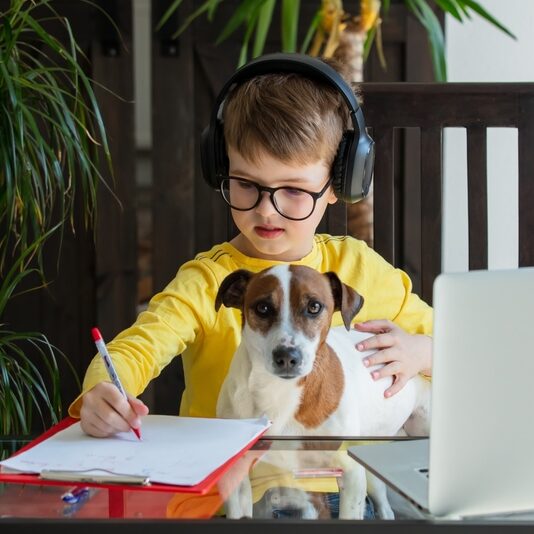In this fast-paced and increasingly problem-filled world, our mental health is just as important as our physical health, and we take great lengths to ensure it’s being taken care of. Ideally, we should seek help from a professional, but going to one is a hurdle for some.
Then came the COVID-19 pandemic. Because of social isolation, most, if not all, people turned to Dogs (or Cats) for companionship. According to a 2021 study by a group of scientists led by Francois Martin published in PLoS ONE, Dog-havers felt less lonely, which helped alleviate the adverse psychological effects of the pandemic.
Of course, that is not the only way animal companionship improves our mental well-being. Here are some other ways our furry friends help us.
REDUCED STRESS
Did you know that petting your animal companion lowers your stress levels?
A 2022 article written by Constance Scharff for Psychology Today explains that petting your Dog or Cat and feeling their warmth lowers the production of the stress hormone cortisol, which triggers our “fight or flight” response. (Having too much cortisol is also bad for our overall well-being.)
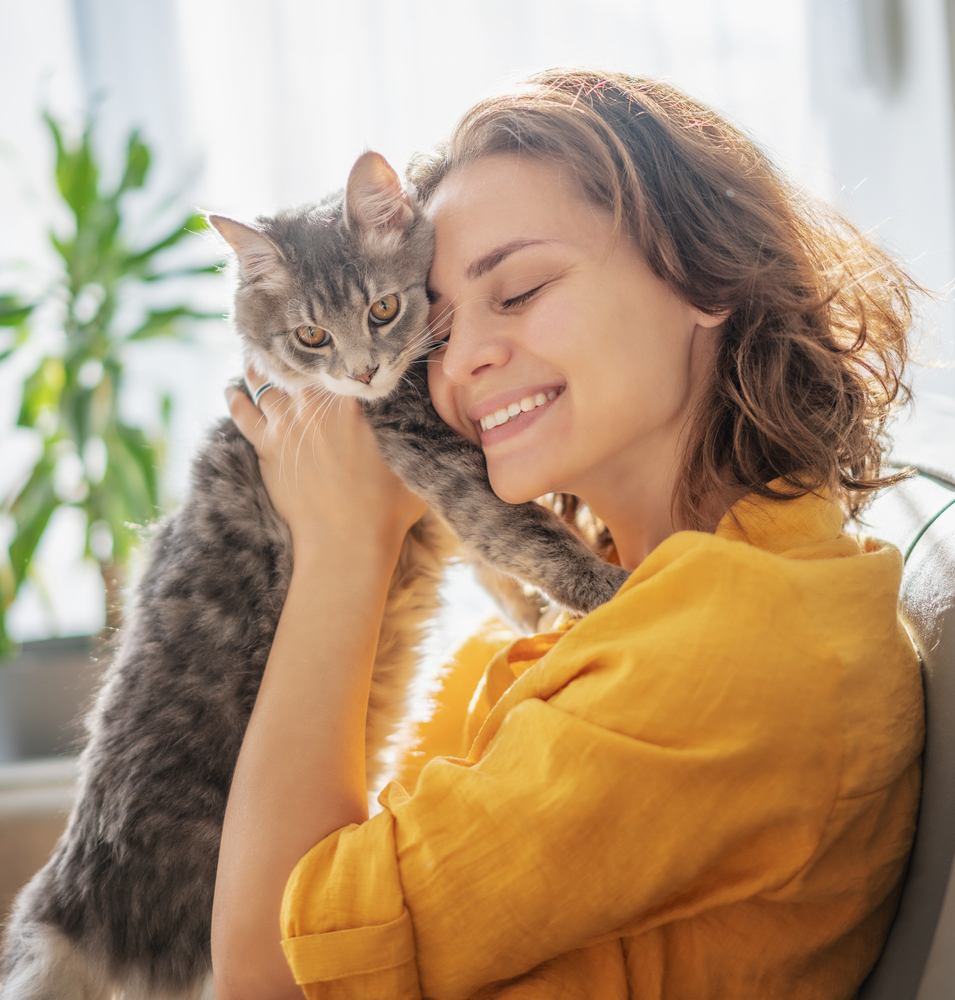
REDUCED ANXIETY
Aside from reducing stress, having companion animals also reduces anxiety.
A study published in 2013 by Stephen L. Stern in Society & Animals Journal revealed that veterans with post-traumatic stress disorder who adopted a Dog were calmer, less lonely, and less anxious about their and their family’s well-being.
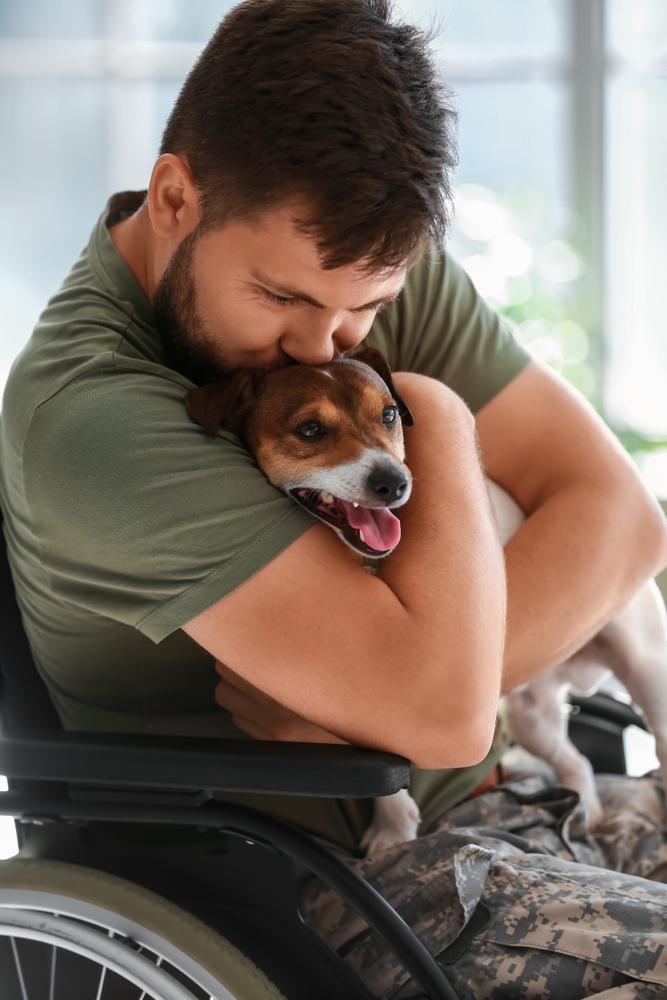
IMPROVED PHYSICAL HEALTH
How do companion animals come into the picture? Well, if you have Dogs, you would need to walk them. Even the simple task of cleaning up after your animal companions count as a physical activity as long as you’re moving.
There have been multiple studies on how exercise improves our mental health, and if you’re the kind of person who dislikes the idea of exercise, consider getting an animal companion — they might help you get moving.
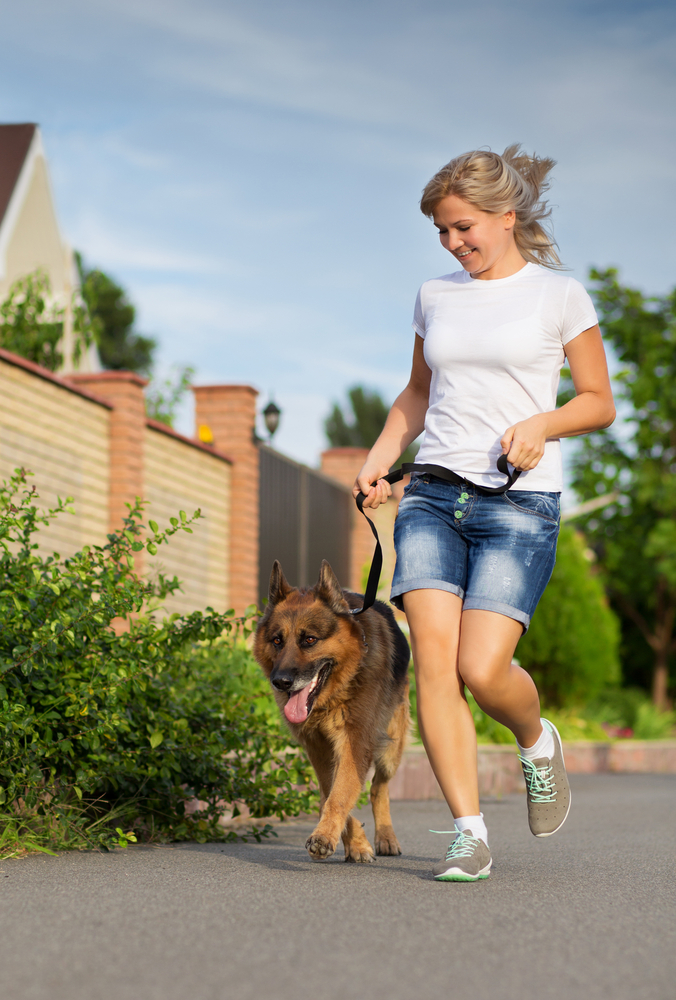
A FEELING OF BEING LOVED
Just like how Rick Astley will never give you up nor let you down, companion animals will do the same.
According to a 2019 research by Sarah Marshall-Pescini for the Animals (Basel) Journal, a hormone called oxytocin is released when a Dog and their human guardian interact with each other in a positive way.
Oxytocin is a chemical mostly associated with love and trust.
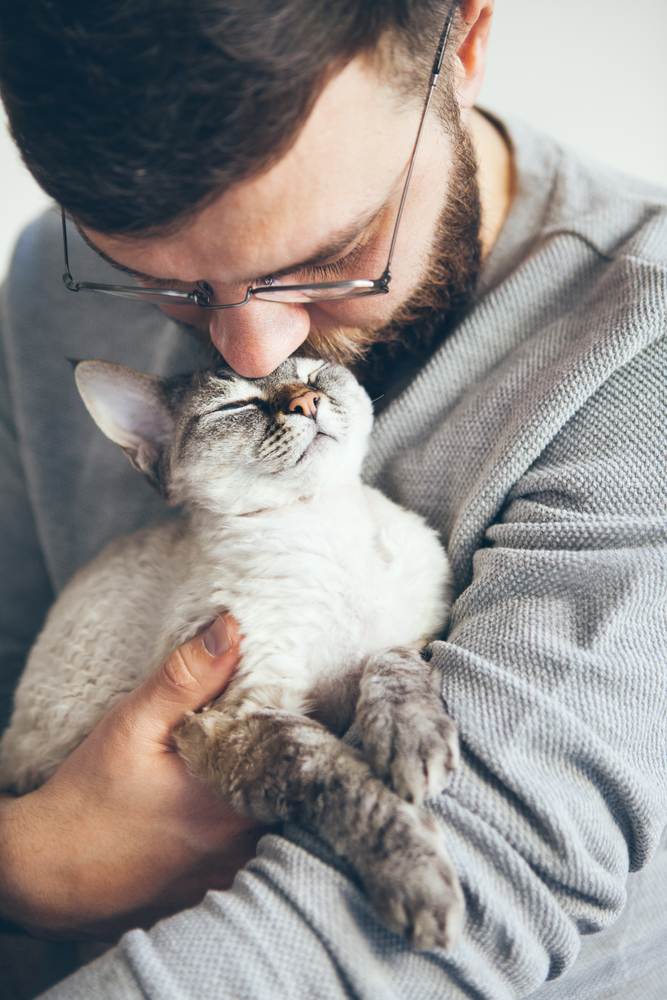
HAVING A SENSE OF PURPOSE
If you want to have a feeling of purpose, consider adopting an animal. In a 2022 article written for the website Recovery Plus Support, caring for a companion animal can help give you a sense of responsibility, as if you’re caring for another human being.
Caring for companion animals may lead them to depend on you. So, make sure you provide all the necessary care that they need.

PROFESSOR DOGGO AS YOUR STUDY BUDDY
If you’re having exam anxiety, spend some time with your Doggo.
According to a 2018 study by Emma Ward-Griffin for Stress and Wealth Journal, students who went on “Dog therapy sessions” have reduced stress levels and increased energy. In those sessions, students were allowed to pet, play, and talk with the canines.
The researchers added that the students had fewer negative emotions hours after the session with the Dogs.
